With IoT deployment on the rise, businesses and operators endeavor to manage cost, efficiency, and maximize the potential of IoT in their projects.
Industrial IoT (IIoT) projects must always consider the connectivity of their operations, which is one of the key factors in successful IoT applications. The cornerstone of reliable, fast and secure connectivity is an industrial router suited to the project’s demands and features.
Choosing the right industrial router ensures full service and at the same time yields considerable time and cost savings. However, with the abundance of industrial routers available in the market, it can often be difficult to make a choice.
It is helpful to keep in mind the distinction between industrial routers and commercial routers, which are used in less environmentally-challenging applications such as providing connectivity in shopping centers and similar uses.
Industrial routers, on the other hand, are built to provide connectivity for heavy-duty applications, such as oil fields, construction, remote monitoring (oil pumps, drilling stations, ATMs), industrial automation, charging electric vehicles, and more.
As these applications may be subject to difficult conditions – extreme temperatures, situated deep underground or surrounded by thick and dense materials – industrial routers are ruggedized and fitted with higher-quality components that are specially designed to withstand harsh environments.
They can also operate in higher/lower temperatures than commercial routers, and in a much wider range of environmental conditions. This enables them to be used underground, in remote locations, and in extreme temperatures.
If you’re looking to find the best industrial router to use for your project, these are the factors that are the most important to consider.
Environment
As previously mentioned, industrial routers can often be subject to harsh conditions – one thing to ascertain is what exactly is expected of your IoT application, where it will be operating, and what primary environmental factors will be affecting it. Some to keep in mind are freezing environments, extreme heat, dust, humidity, sand, electromagnetic interference (EMI), and dust particles.
For such applications, you will want a router that has been ruggedized to the conditions that your project will be affected by, and has a wide environmental spectrum to be able to handle these conditions while providing a reliable and sturdy connection.
Security
Security is one of the most critical features of a router, and especially when it comes to industrial operations, the value of data is not to be understated – it is absolutely essential to keep it safe and secured. As such, for your industrial IoT application, you will need advanced security protocols in place. Consider whether your router will have security features such as VPNs, firewalls, or an alert system that informs you of a breach of security. This enables the router to transfer data securely and efficiently.
Coverage range
Determine how wide the coverage range needs to be, and whether the router will be in a remote location or underground. Many industrial routers are built to be set up in difficult-to-reach locations such as underground or surrounded by material such as concrete, and still provide service fully and efficiently as any router would.
Will you be deploying routers in a rural or remote area? Different routers have different coverage ranges depending on the spectrum band that they operate in. Perhaps your project requires a relatively unused spectrum band with minimal traffic, or it could get by fine using mobile networks. Either way, the spectrum band the router operates on affects its coverage range – so make sure you keep this in mind when figuring out which router to buy.
Deployment
How many locations will you be installing the router in? This is essential in determining the cost of the whole project and its long-term feasibility. The wider the scale of deployment, the cheaper your router needs to be. Also, keep in mind the time-frame and expected completion – if you have a short time to get things done, you want a smooth rollout period with few hang-ups. You can ensure ease of deployment by working out all the details in advance, such as:
Form factor
The router should be compact and easily mountable for full convenience and ease of deployment. Many operations can be space-critical, and so you want to ensure that your router is not too big or wide to fit into the area you are planning to put it into.
Reliability and stability of service
Reliability can make or break your IoT application. Whether your project involves the transfer of large amounts of data with high speed, or short amounts of data over a longer period of time, you need to have a reliable connection.
Consider investing in a router that supports failsafes to protect users from connectivity issues. Another option is a router that can have multiple SIMs and is network redundant, meaning it supports many different types of networks.
Lack of reliability can be costly and result in loss of data as well as potential customers. That is why it’s imperative to invest in a router with features to protect against connection failures.
Cost
If a router has a low cost upfront but is expensive to maintain, as opposed to an initial high-cost that would end up being relatively cheap to maintain – it’s always better to go for the latter. In the end, you will need to frequently maintain your router, but an initial investment happens only once – and you have to make it count.
Technical support, servicing and maintenance
At some point or another, everyone runs into a bump with tech. As such, you have to make sure that the company you are buying from offers continued technical support and can maintain your router throughout its lifetime.
Software
With buying a router, one has to not only consider its features, but also its operating system (OS) and the router’s respective software. A router’s effectiveness is wholly dependent on its OS and accompanying software – even if it has the best features, in the end its connectivity relies on the software.
With operating systems, you can go for a tried and true option like Linux which has long been used successfully in this field.
Compatibility with other hardware/system agnosticism
Whether your router is system agnostic (can support any type of equipment or operating system) is another factor that affects performance. Compatibility can make your router perform better, reduce costs, streamline management and more.
Although there are many kinds of industrial routers, it becomes clear which one to choose when you evaluate what factors are relevant to your project.
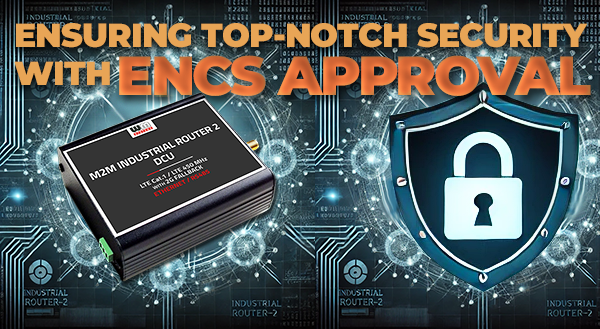
A Testament to Compliance with Key Cybersecurity Standards

We are thrilled to announce that Ali Mouslmani has joined WM Systems as our new partner in the United Arab […]

Introduction In the rapidly evolving world of industrial automation and IoT, the demand for compact, versatile, and efficient communication solutions […]
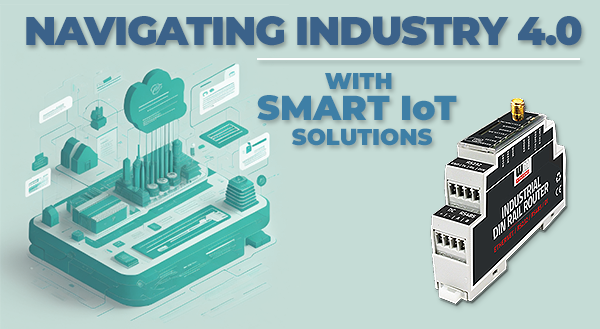
Introduction The fourth industrial revolution, or Industry 4.0, is redefining the landscape of industrial operations. Key to this transformation is […]

The group of WM Systems LLc.

Solar plants and farms are complex systems with a variety of equipment that needs to be monitored and controlled. This […]
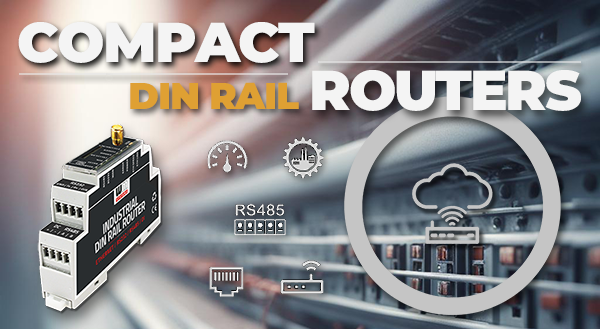
Industrial settings are replete with equipment that demands efficient connectivity solutions. With the rise of the Internet of Things (IoT) […]
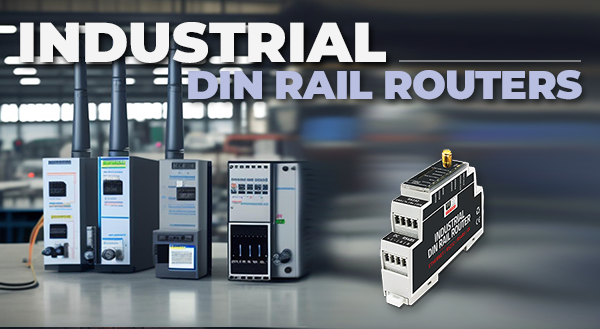
DIN-rail mountable industrial routers are an essential component of many industrial applications. They provide a reliable and secure way to […]
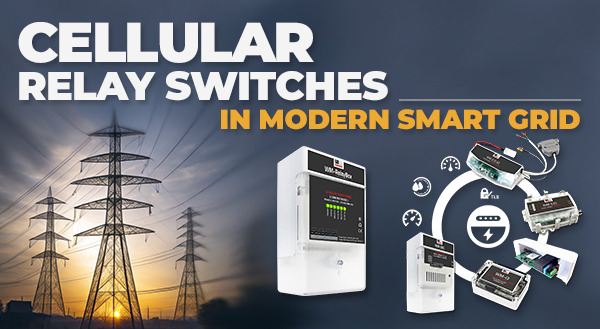
Make the modern smart grid more secure, resilient, and sustainable
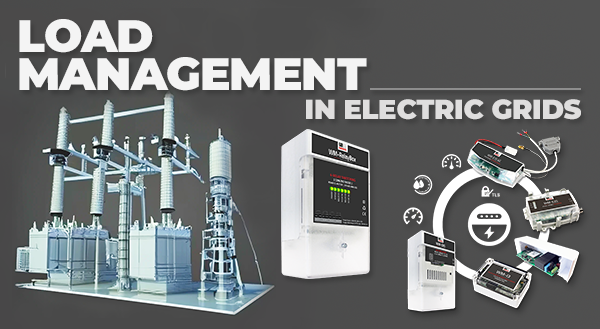
In today’s dynamic world, understanding the nuances of electrical energy management has never been more crucial. A distinct feature of […]
